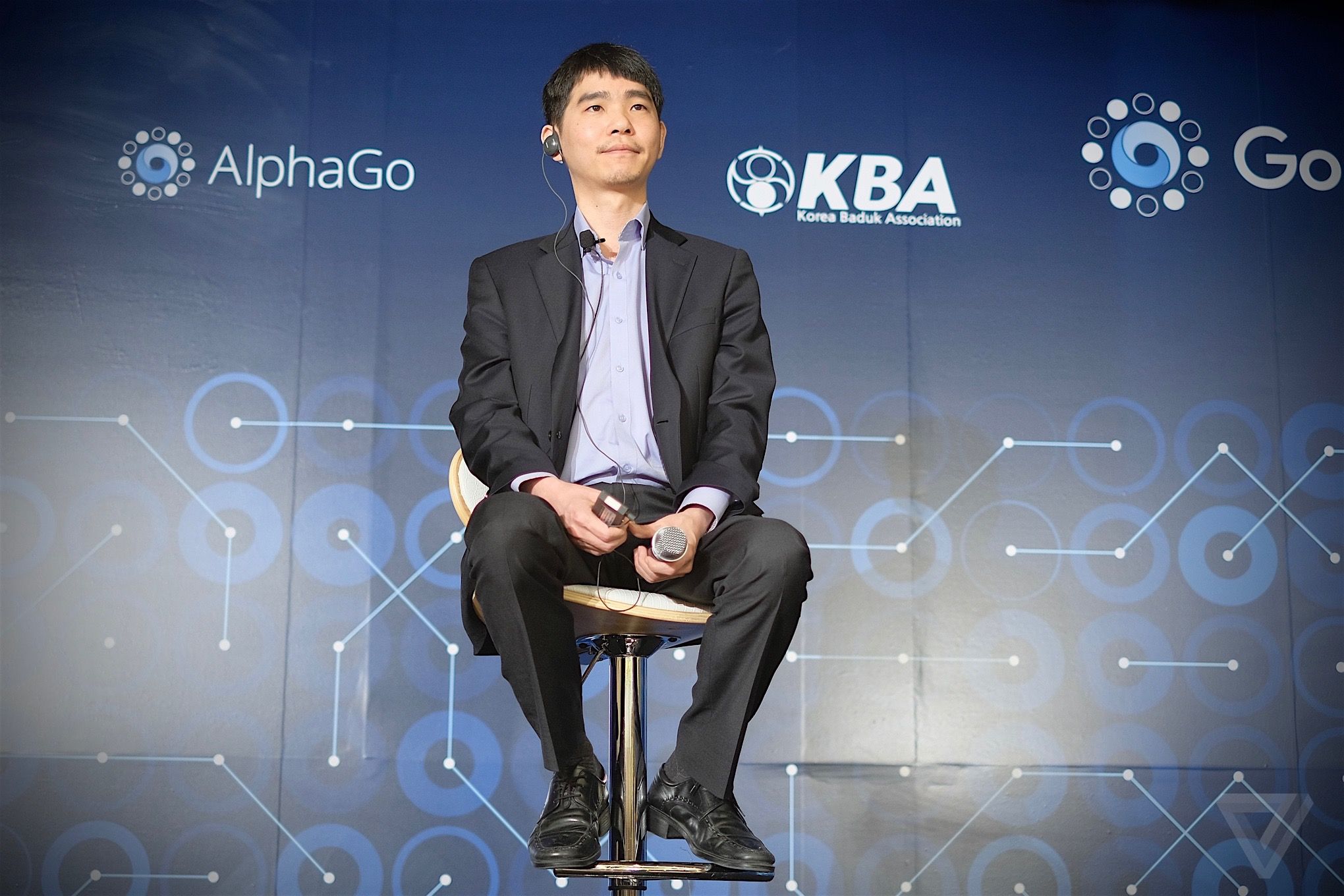Google’s artificial intelligence (AI) DeepMind AlphaGo program beat the world Go champion, South Korean Lee Se-dol, in the first of a series of games in Seoul.
Last year, AlphaGo beat the European Go champion, an achievement that was not expected for years.
A computer has beaten the world chess champion, but the Chinese game Go is seen as significantly more complex.
Throughout most of the game Lee Se-dol seemed to have the upper hand but in the last 20 minutes, AlphaGo took an unassailable lead.
After that, Lee Se-dol forfeited, handing victory to his opponent.
The two sides will play a total of five games over the next five days for a prize of about $1 million.
The five-day battle is being seen as a major test of what scientists and engineers have achieved in the sphere of artificial intelligence.
Go is a 3,000-year old Chinese board game and is considered to be a lot more complex than chess where AI scored its most famous victory to date when IBM’s Deep Blue beat grandmaster Gary Kasparov in 1997.
However, experts say Go presents an entirely different challenge because of the game’s incomputable number of move options which means that the computer must be capable of human-like “intuition” to prevail.
Go is thought to date back to ancient China, several thousand years ago.
Using black-and-white stones on a grid, players gain the upper hand by surrounding their opponents pieces with their own.
The rules are simpler than those of chess, but a player typically has a choice of 200 moves compared with about 20 in chess.
There are more possible positions in Go than atoms in the universe, according to DeepMind’s team.
It can be very difficult to determine who is winning, and many of the top human players rely on instinct.
Google’s AlphaGo was developed by British computer company DeepMind which was bought by Google in 2014.
